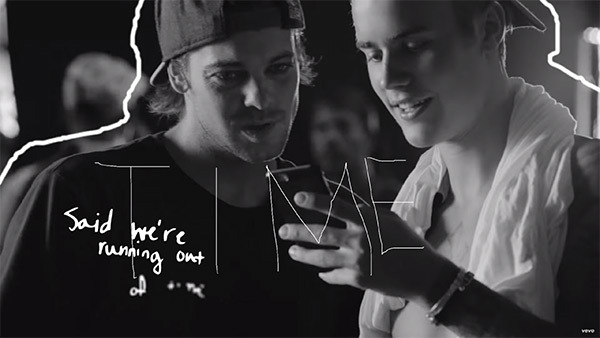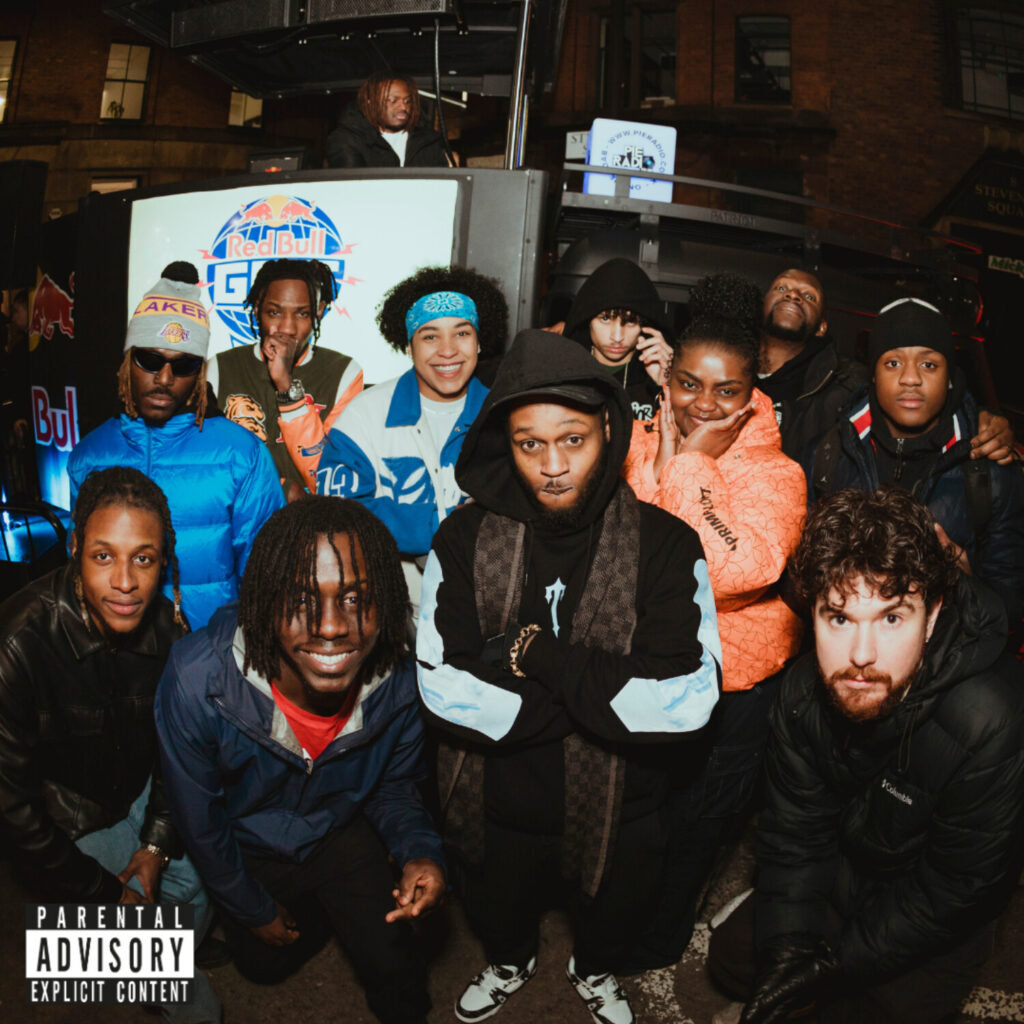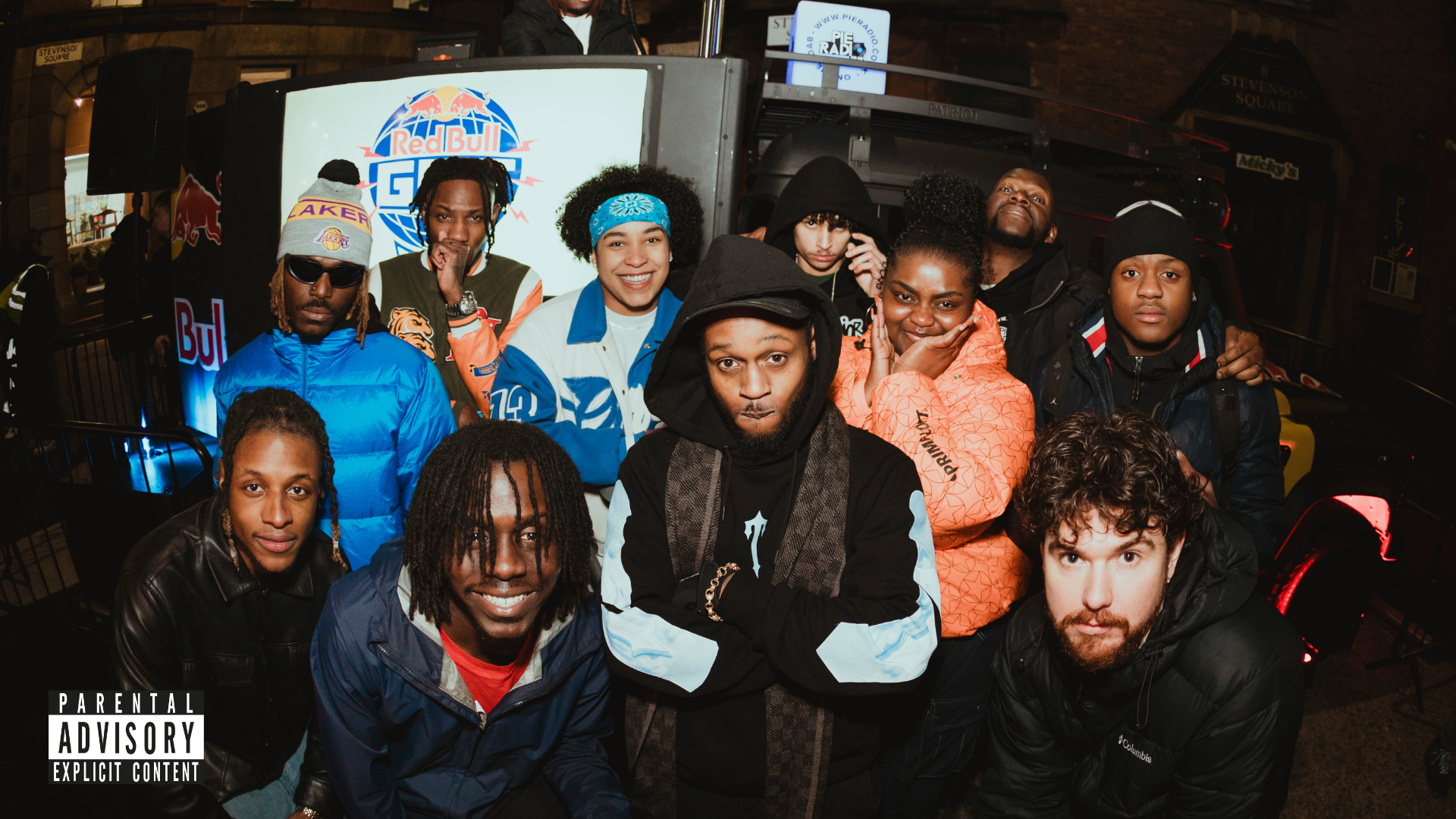This is the story of Mike, a member of the ever-growing homeless community in the UK. Mike gives us an insight into what being homeless is really like in Manchester, the events that led to him being homeless, drugs, and family. We also discussed his aspirations and what the future looks like for him.
At the time of filming, Mike was sleeping in the parks in Gatley. Mike has now been housed by Stockport Homes with his own flat. Thank you to the people and community of Gatley, who supported Mike with old clothes, food and money to help him get back on his feet. We hope you enjoy this short documentary and can take something away from it.
Background on Homelessness in Manchester
According to Manchester Evening News, Greater Manchester is home to 5,564 rough sleepers with 1,804 of these living in main city Manchester. That is 1 in 154 people without the luxury of warm housing that many of us have grown accustomed to. Shelter UK says “Home is a human right” which makes it all the more alarming to see statistics like these highlight an alarming number of the Mancunian population being without this right.
Despite figures already being high, it is only getting worse for Manchester’s homeless community as it has become a common trend for the rate of rough sleepers to increase annually, despite Manchester Mayor Andy Burnham Stating “We have reduced the number of people sleeping rough but there is no room for complacency”. Along the lines of there being no room for complacency, you might hope Mr Burnham doesn’t suffer from claustrophobia as the past 18 months of coronavirus pandemic, financial struggle and the soon to end eviction ban means the room for complacent is at an all-time tight squeeze. To make matters worse five years ago it might have been an option to have rough sleepers and destitute families placed in temporary accommodation such as a B&B, however, the past five years have tripled the number of homeless tenants in such housing and space is running out. These unfortunate citizens now need real, permanent housing.
Mike’s situation too can be linked to his history in foster care which is not an unlikely scenario as nationally 50% of the homeless population are known to have spent time in foster care and within 18 months of emancipation 40-50% of foster youth become homeless. This is alarming as fostering institute Fostering Futures states “Foster care exists to provide a family and their child(ren) with an alternative to living together in the unfortunate case that being in the same home is either unsafe or impossible” although, such a statement loses its value if the foster youth are up to 50% likely to end up once again without a safe home.
Homelessness is not a battle that is being fought alone. There are various charities across Greater Manchester who despite fighting a losing battle, are refusing to give up. Examples such as Lifeshare who have been fighting for 35 years and although say “We haven’t seen it quite this bad”, have managed to serve over 150,000+ Christmas dinners and offer other services such as weekend breakfasts and digital inclusion so that the homeless population are not missing out on the benefits that the digital world has to offer. Another charity named Barnabus are approaching their 30th anniversary for fighting the homeless pandemic and to celebrate have produced a list of 30 proactive ways we can help with fundraising ideas, donations and corporate support
[Uncensored]is our new short documentary series which will focus on exploring untold stories of people across Greater Manchester. All the stories will be researched and produced by a team of volunteers and young producers. Be sure to give us your feedback and recommendations for future stories.
Credits
- Finlay James Raymond: Interviewer & producer
- Keiron Elliot – Research & Producer
- Ben Daddy – Cinematography & Editor
- Michael Oni: Cinematography & Drome
This film has been produced using funding and resources from Pie Radio, Lottery Fund, Arts Council and Lankelly Chase ‘Spaces Fund’.


![Homelessness In Manchester: The Story Of Mike [Uncensored Documentary]](https://www.pieradio.co.uk/wp-content/uploads/2021/08/the-story-of-mike-homelessness.jpg)










